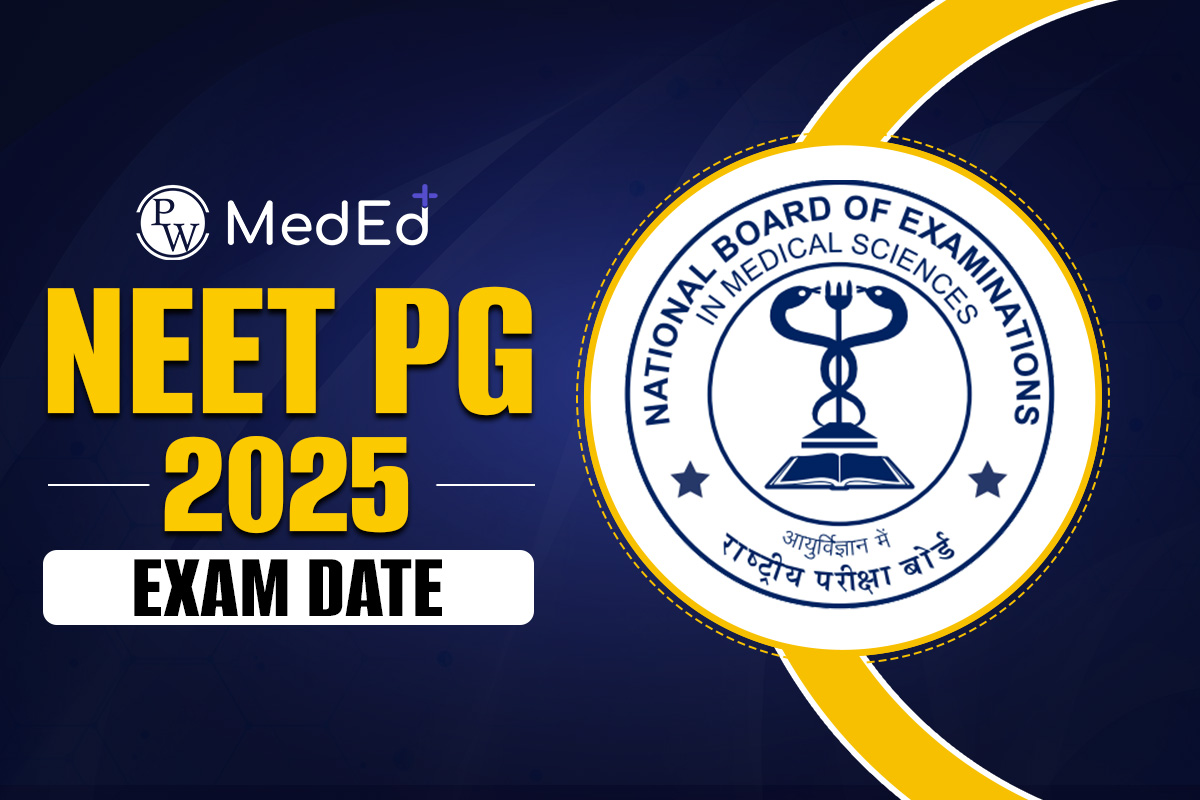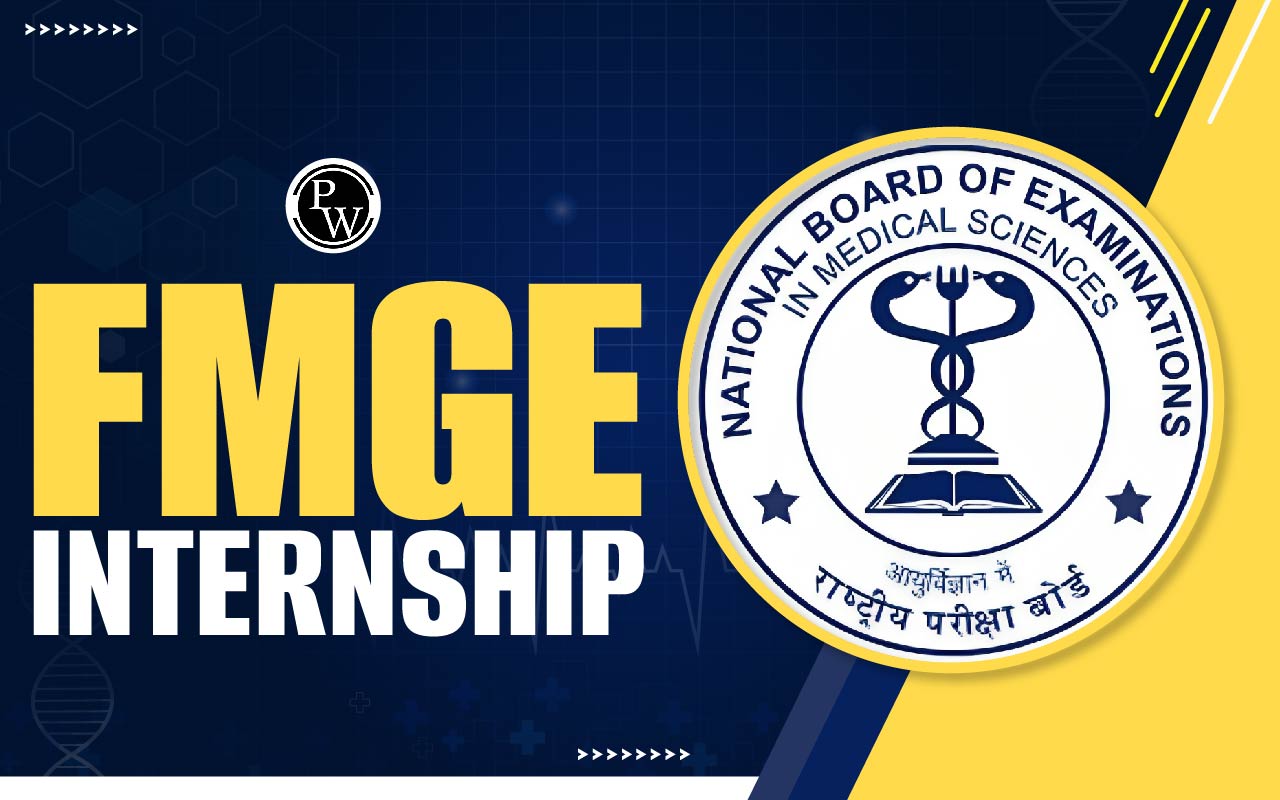

Pharmacology Important Questions for NEET PG: Pharmacology is an essential subject for NEET PG, covering drug mechanisms, classifications, and clinical applications. A solid understanding of pharmacology is vital for aspirants to secure a good rank. The article highlights important questions from various topics such as General Pharmacology, Autonomic Nervous System (ANS) Pharmacology, Cardiovascular Pharmacology, CNS Pharmacology, Antibiotics and Chemotherapy, Endocrine Pharmacology, Respiratory and Gastrointestinal Pharmacology, and Miscellaneous Topics. Each section provides key questions that will help candidates focus on crucial concepts like drug mechanisms, side effects, and clinical uses. Additionally, tips for effectively answering pharmacology questions in NEET PG are provided, emphasizing the importance of drug classifications, interactions, and mnemonics for better recall. Revising systematically and practicing MCQs can boost confidence and improve accuracy during the exam.
Download : PW Med Ed app
General Pharmacology
General pharmacology provides the foundation for understanding the behavior of drugs in the body. It includes drug classifications, mechanisms of action, and factors that affect drug efficacy.
- What is the difference between pharmacokinetics and pharmacodynamics?
- Define bioavailability and factors affecting it.
- Explain the concept of first-pass metabolism with examples.
- What is the therapeutic index? Give its clinical significance.
- Explain enzyme induction and inhibition with suitable drug examples.
Autonomic Nervous System (ANS) Pharmacology
The pharmacology of the autonomic nervous system focuses on drugs that influence the sympathetic and parasympathetic systems, impacting various bodily functions.
- Differentiate between sympathomimetic and parasympathomimetic drugs.
- What are the mechanisms of action of beta-blockers?
- Explain the clinical uses and side effects of atropine.
- What are the indications for adrenergic agonists and antagonists?
- Discuss the pharmacological actions of dopamine and its clinical uses.
Cardiovascular Pharmacology
Cardiovascular pharmacology involves drugs that affect the heart and blood vessels, such as antihypertensives, antiarrhythmics, and drugs to manage heart failure.
- What are ACE inhibitors? Describe their mechanism of action and side effects.
- Compare and contrast loop diuretics and thiazide diuretics.
- Discuss the role of calcium channel blockers in hypertension.
- What are the mechanisms and clinical uses of statins?
- Explain the pharmacology of antiplatelet drugs like aspirin and clopidogrel.
Central Nervous System (CNS) Pharmacology
CNS pharmacology focuses on drugs that affect the brain and spinal cord, including analgesics, antidepressants, and antiepileptics.
- What are the mechanisms and side effects of benzodiazepines?
- Describe the pharmacology of antiepileptic drugs.
- What are opioid analgesics? Describe their classification and clinical applications.
- Compare typical and atypical antipsychotics.
- Explain the mechanism of action and adverse effects of selective serotonin reuptake inhibitors (SSRIs).
Antibiotics and Chemotherapy
This area covers the pharmacology of drugs used to treat infections, including antibiotics, antifungals, antivirals, and chemotherapy agents.
- What is the mechanism of action of penicillins and cephalosporins?
- How do fluoroquinolones act? Mention their major side effects.
- Describe the classification and clinical uses of antifungal drugs.
- What are the differences between first-line and second-line anti-TB drugs?
- Explain the mechanisms and resistance of antiviral drugs like acyclovir and oseltamivir.
Endocrine Pharmacology
Endocrine pharmacology deals with drugs that affect the hormone systems, including drugs for diabetes, thyroid disorders, and corticosteroids.
- What are the mechanisms of action of insulin and oral hypoglycemic drugs?
- Compare levothyroxine and propylthiouracil in thyroid disorders.
- Discuss the pharmacology of corticosteroids and their clinical applications.
- What are the indications and side effects of bisphosphonates?
- Explain the role of selective estrogen receptor modulators (SERMs) in osteoporosis.
Respiratory and Gastrointestinal Pharmacology
This section covers drugs used to treat respiratory conditions like asthma and COPD, as well as gastrointestinal disorders.
- Describe the mechanism of action of bronchodilators like beta-agonists and theophylline.
- Compare H1 and H2 receptor antagonists.
- What are proton pump inhibitors (PPIs)? Mention their indications and side effects.
- Explain the pharmacology of anti-emetic drugs.
- Discuss the mechanism and uses of laxatives.
Miscellaneous Important Topics
This section covers a variety of important topics related to pharmacology, including monoclonal antibodies, immunosuppressants, and vaccines.
- What are monoclonal antibodies? Give examples and clinical uses.
- Explain the mechanisms and uses of immunosuppressants.
- Discuss the role of biologics in rheumatoid arthritis.
- What are vaccines, their types, and mechanisms of action?
- Describe the management of drug overdose and poisoning.
Tips for Answering Pharmacology Questions in NEET PG
Effective preparation for pharmacology questions requires a thorough understanding of drug classifications, mechanisms, and side effects. Here are some tips to answer questions confidently.
- Understand the drug classifications thoroughly.
- Focus on mechanism of action, indications, and side effects.
- Learn important drug interactions and contraindications.
- Use mnemonics and flowcharts to remember drug categories easily.
- Solve previous year NEET PG papers for better practice.
Pharmacology plays a significant role in the NEET PG examination, and focusing on important topics and concepts can help aspirants score well. Revising systematically and practicing MCQs regularly will enhance confidence and accuracy.
Ace the NEET PG exam for the dedicated career in medicine. Download the PW Med Ed app to get dedicated faculty guidance!Pharmacology Important Questions for NEET PG FAQs
What is the significance of pharmacology in NEET PG preparation?
What are some important topics in pharmacology for NEET PG?
How can I prepare effectively for pharmacology questions in NEET PG?
What are the tips for answering pharmacology questions in NEET PG?
How can drug interactions affect pharmacology in NEET PG?













